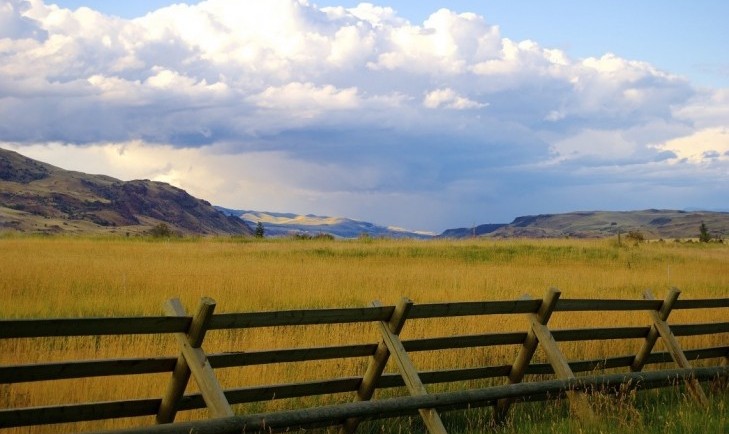
The Western Governors' Association keeps you updated on news of the West. Here are the western stories for the week starting April 1, 2019 that you don't want to miss.
A partnership between the University of Montana, the USDA’s National Resources Conservation Service (NRCS) and the Bureau of Land Management has produced an online tool that provides a big-picture look at western landscapes over the past 35 years.
The Rangeland Analysis Platform (RAP) aggregates vegetation data to inform land management and conservation strategies. The free online tool “empowers landowners and resource managers to track vegetation through time, equipping people with the information they need to improve America’s grazing lands,” according to the RAP fact sheet.
“By working with Google, we harnessed decades of satellite imagery, trained it with on-the-ground field data, and put it at the fingertips of practitioners,” said Brady Allred, creator of the app and professor of rangeland ecology at the University of Montana.
The tool allows users to track the types of plants covering rangelands at the pasture, landscape, or regional level, monitor changes over time and address potential threats, such as invasive species or wildfire. “Anyone can use it to monitor their land or some land they are interested in,” said Tom Watson, state conservationist for NRCS in Montana.
Now Hiring: High-tech jobs are on the rise in Montana, according to a report by the Montana High Tech Business Alliance. Overall, the sector grew nine times faster than the state’s overall economy last year, and employment numbers are expected to keep rising.
Predatory Fish Invasion: The introduction of nonnative trout into Yellowstone Lake has altered the ecosystem and is affecting the behavior of bears, wolves, elk and birds, according to a report by the park's Native Fish Conservation Program. Learn about the ripple effect of the invasive species on animals both in and out of the park.
Volcano Watch: Scientists in the Pacific Northwest will soon have additional tools and resources to monitor volcanic activity. More sensors to accurately predict eruptions will be located on “very high threat” volcanoes such as Mount Rainier and Mount Baker in Washington, and Mount Hood and the Three Sisters in Oregon.
Dino Discovery: A University of Kansas doctoral student led research on a paleontology study in North Dakota recently published in Proceedings of the National Academy of Sciences. The scientists found a “paleontological treasure trove of perfectly preserved animals and fish fossils,” related to the impact of a massive asteroid that led to the extinction of the dinosaurs.
Get the latest news about the West and its governors by following the Western Governors' Association on Twitter, Facebook and LinkedIn.